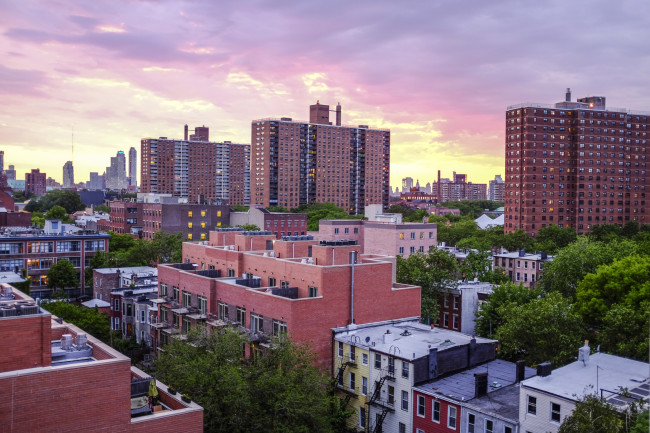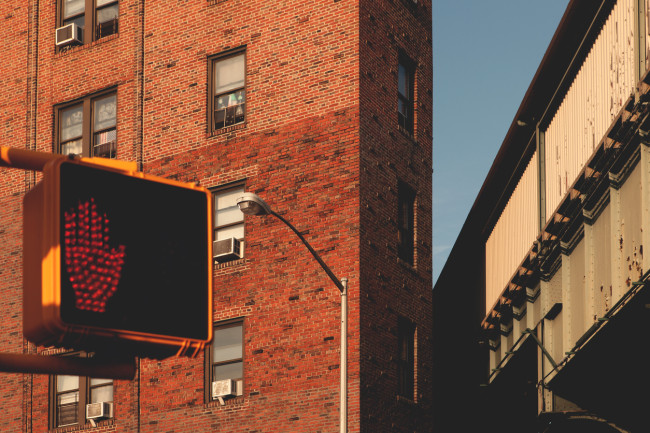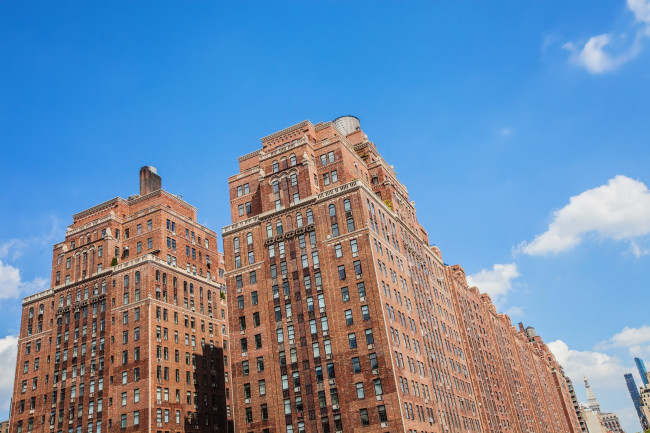Which is better in NYC: A big down payment or a big mortgage?

iStock
For New York City buyers, the down payment is often the biggest hurdle on the path to home ownership. Co-ops typically require down payments of at least 20 percent, and with median sales prices for Manhattan co-ops at $850,000, that means having at least $170,000 cash on hand, not counting the funds you'll need to cover closing costs and demonstrate two years of post-closing liquidity.
Condos, on the other hand, tend to be laxer when it comes to down payments, with many permitting buyers to put just 10 percent down. Condos also tend to be pricier than co-ops, however, which means you'll face higher mortgage payments, or be paying off your mortgage for much longer.
But let's say you have the means to make a larger down payment. Is there a compelling reason not to, instead opting for a large mortgage instead? Here are the factors you should take into consideration when making this decision.
Timing matters
Consider how long you plan to live in the apartment you're purchasing, and what kind of mortgage is best for you. Naturally, a 15-year mortgage will mean larger monthly payments than a 30-year. Furthermore, the size of your down payment—and by extension, your mortgage—will impact your interest rates, and therefore your loan repayments.
"The down payment is how your interest rate is determined," says Julie Teitel, a mortgage loan officer at Everbank. "The more you put down, the better your rate. There are tiers depending on the product. If you put down 25 percent, you have a certain benefit. 35 percent means better pricing, and at 50 percent, you'll get the best pricing."
Interest rates on a 30-year fixed rate mortgage are currently 3.99 percent, and for a 15-year fixed, they're 3.23 percent, according to Bankrate.
Because these rates are fairly low, Robbie Gendels, vice president of National Cooperative Bank (a Brick sponsor), says it might make sense for some buyers to take out a larger mortgage than they strictly have to.
"It depends on your lifestyle," she says.
On the flip side, she adds that condo buyers should remember to factor in the mortgage recording taxes on their purchase, which are currently at 1.8 percent for loans under $500,000 and 1.925 percent for loans over $500,000. (See our guide to closing costs for more information.)
The mortgage interest tax deduction
Teitel points out that one benefit to those who take out large mortgages is the mortgage interest tax deduction, which allows taxpayers to deduct the interest they pay on loans up to $1 million.
Earlier this year, the New York Times published an in-depth exploration of how this tax deduction perpetuates economic inequality by subsidizing wealthy homeowners. In 2015, homeowners got back $71 billion through the mortgage interest deduction. Some are calling for reform, but for now, the subsidy is one compelling reason to take out a big mortgage.
Upcoming expenses
If you have the means to put more money down, but you also anticipate another major expense on the horizon, you may want to hold onto some of that down payment cash and take out a bigger mortgage instead.
"A buyer could think that they want to put money into financing a renovation, or they might want it for another investment," Gendels says. " It's really a personal decision."
Buyers might also want to invest some of their liquid assets in the stock market instead, Teitel adds.
"Some people don't want to part with their money and would rather have debt, especially since rates are low," she says. "Some people will put down their last dime because they don't want any debt."
There's no objective right or wrong answer to the question, then. Rather, it's a matter of buyers with the resources doing an honest accounting of their lifestyles and comfort living with debt.
You Might Also Like



























